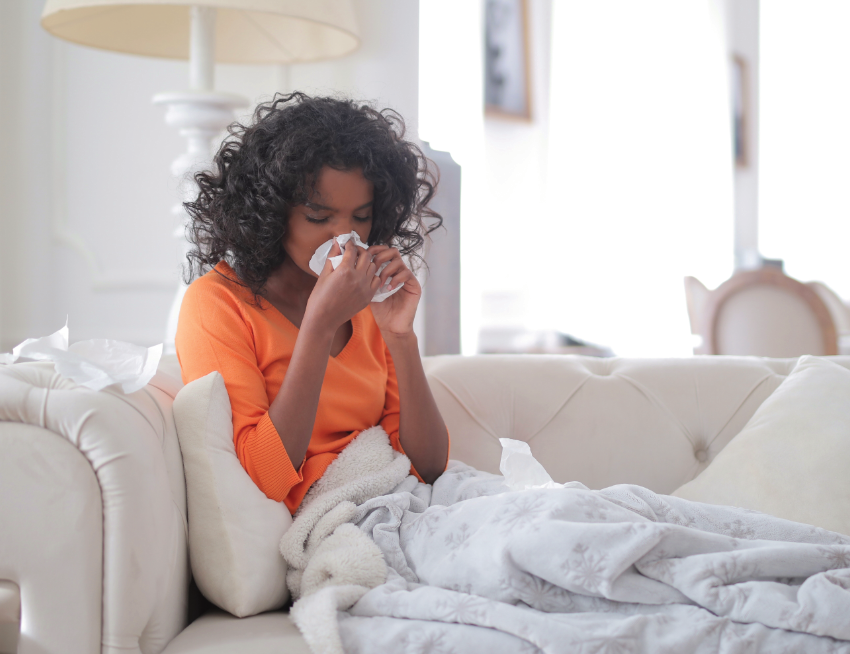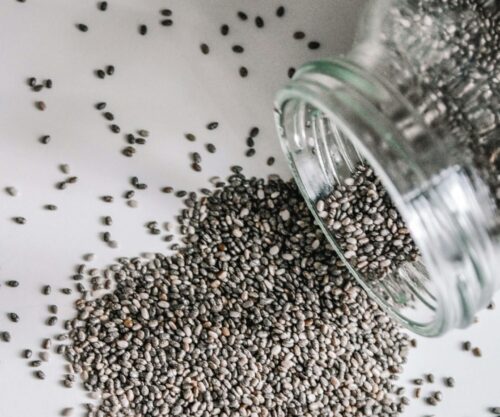
As we transition into a brand-new season, one of the common things associated with it is the rise of flu cases.
According to the health and wellness information hub, Public Health Bulletin South Africa, the annual flu season usually takes place from the beginning of April until the end of October. This often reaches its peak during the winter months, which is between June and August.
The word flu is derived from the original word influenza. This is a virus that affects the nose, throat, and lungs which are all part of the respiratory system explains wellness publication Mayo Clinic.
The above-mentioned publication further explains that, although most flues are mild infections and can be treated from home, some people are at risk of getting severe effects.
These are usually impacted by multiple factors, some of which include age, race, pregnancy, and obesity.
To further assist you in countering the effects of flu ahead of the flu season, here are a few tips that you can make use of to minimise the severity of the virus as explained by the World Health Organisation.
Getting Vaccinated
The World Health Organisation believes that the easiest way to protect yourself from the flu is by getting vaccinated ahead of time.
“Vaccination is especially important for pregnant women, at any stage of pregnancy. It’s also crucial for children aged 6 months to 5 years, elderly people, those suffering from chronic medical conditions, and for health care workers,” explains WHO.
Wash your hands
Keeping your hands clean is a daily task, that enables you to kill gems. Another alternative is using alcohol-based hand sanitiser.
Protect your mouth, nose and eyes
Germs travel extremely fast. By continuing to touch your facial features, you are giving them access to your body, this increases the risk of falling ill.
Alternatively, the WHO suggests, “If you do have to touch your eyes, nose or mouth, do it with a clean tissue, or wash your hands first.”
Avoid contact with sick people
Due to the rapid speed at which germs travel, a droplet of saliva from a cough or sneeze is enough to impact your health. It is for this reason that the above-mentioned source recommends keeping one’s distance – especially in public spaces such as supermarket ques, transport, school, work or medical spaces.
If necessary, cover your mouth and nose with a mask.
Also see: How to create a soothing bedtime routine




